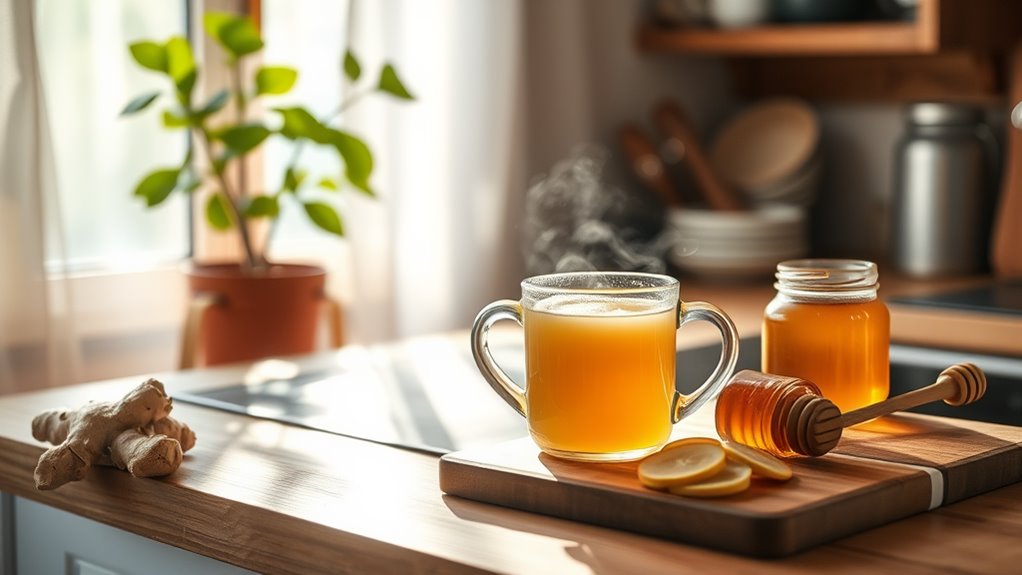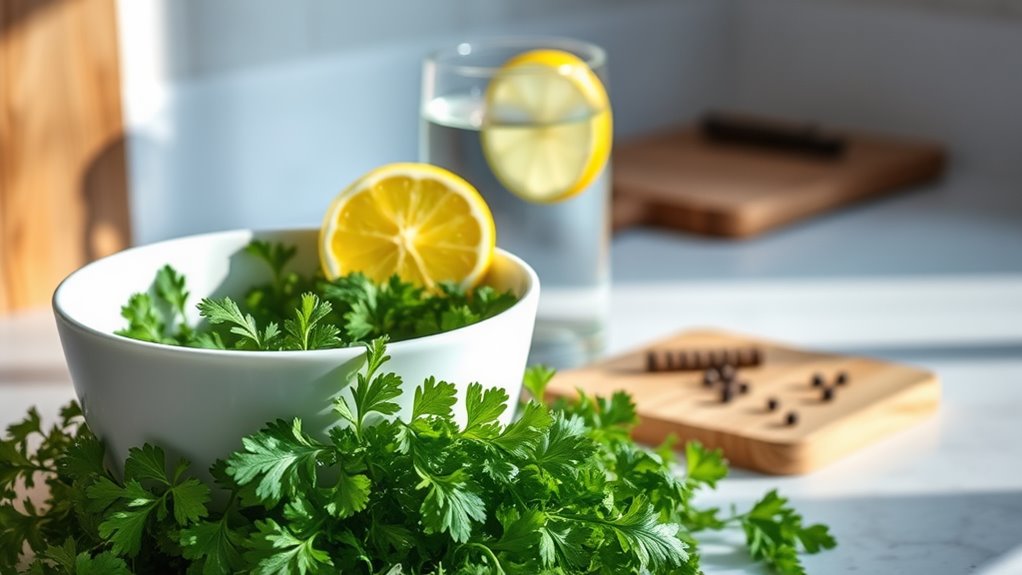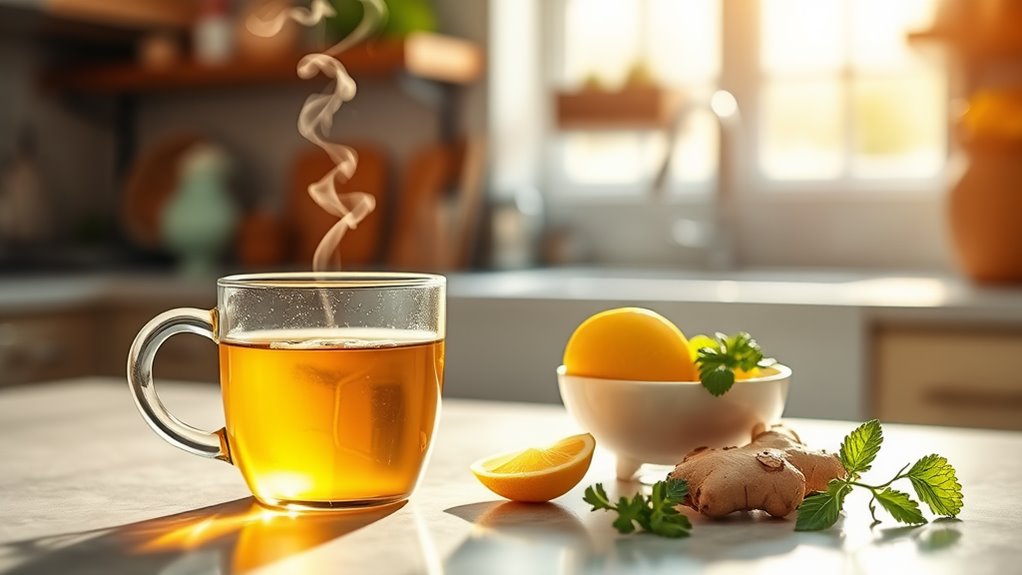Tried This for Gas Pain-and It Worked in 10 Minutes
Gas pain can feel like a storm brewing in your stomach, leaving you searching for immediate relief. If you’ve ever experienced sharp discomfort after a meal, you know how disruptive it can be. Fortunately, there’s a simple remedy that can help alleviate that pain quickly. Discover how a common herbal tea can soothe your digestive woes and learn effective strategies to minimize future episodes.
Key Takeaways
- Drinking warm water or peppermint tea can quickly relax the digestive system and relieve gas pain.
- Gentle movements like walking or stretching can help facilitate gas release effectively.
- Over-the-counter medications containing simethicone can break up gas bubbles in the digestive tract.
- Applying a warm compress on the abdomen provides immediate comfort and soothes cramping.
- Consuming remedies at the first sign of discomfort enhances their effectiveness in relieving gas pain.
Understanding Gas Pain
Have you ever wondered why gas pain can strike suddenly and leave you feeling uncomfortable? This common issue often results from swallowed air or the breakdown of certain foods, like beans and dairy. When gas builds up in your digestive tract, it creates pressure and discomfort. You might also experience bloating or cramping. Identifying triggers, such as high-fiber foods or carbonated drinks, can help you manage symptoms. A gas pain remedy can include gentle movement or herbal teas that promote digestion. Staying hydrated and eating slowly can also reduce the likelihood of gas pain, making your digestive experience more pleasant overall. Additionally, incorporating natural remedies can provide quick relief from gas and bloating symptoms.
The Quick Remedy That Worked
When gas pain strikes unexpectedly, finding a quick remedy can make all the difference in your comfort level.
One effective method is to drink warm water or herbal tea, which can help relax your digestive system and ease discomfort.
Peppermint tea, in particular, is known for its soothing properties.
You can also try gentle movements, like walking or stretching, which can facilitate gas release.
Many people find relief with over-the-counter medications containing simethicone, which helps break up gas bubbles.
A warm compress on your abdomen may also provide immediate comfort, allowing you to feel better quickly. Additionally, incorporating ginger’s anti-inflammatory properties into your diet can significantly aid in reducing bloating and gas.
How to Use the Remedy Effectively
To make the most of remedies for gas pain, it’s important to apply them correctly.
Start by identifying your symptoms and selecting a remedy that suits your needs—like peppermint tea or ginger.
Prepare the remedy according to instructions, ensuring you use the right amounts.
Take the remedy when you first notice discomfort, as catching it early can enhance effectiveness.
Sip slowly or consume gradually to allow your body to absorb it properly.
Afterward, try to relax your body; stress can worsen gas pain.
Finally, monitor your response and adjust your approach for future instances based on what works best for you. Additionally, consider incorporating lifestyle adjustments that can provide quick relief and prevent future occurrences.
Lifestyle Changes to Prevent Gas Pain
By adopting healthier habits, you’ll improve your digestion and overall comfort. Additionally, incorporating hydration techniques can further enhance digestive health and alleviate gas pain effectively.
Consider these effective strategies:
- Chew your food thoroughly to aid digestion.
- Avoid carbonated beverages that introduce extra gas.
- Limit foods high in sugar and fat, which can cause bloating.
- Stay active with regular exercise to promote healthy bowel movements.
- Manage stress through relaxation techniques, as tension can affect digestion.
Additional Tips for Digestive Health
While many strategies can enhance your digestive health, incorporating probiotics into your diet is one of the most effective.
These beneficial bacteria help balance your gut microbiome, improving digestion and reducing gas.
Alongside probiotics, consider increasing your fiber intake with fruits, vegetables, and whole grains, which can promote regularity.
Staying hydrated is crucial too; aim for at least eight glasses of water daily.
Additionally, try mindful eating—chewing slowly and savoring your food can aid digestion.
Lastly, regular physical activity not only boosts metabolism but also helps prevent bloating and discomfort.
Implementing these tips can significantly improve your digestive well-being. Furthermore, practicing certain gentle movements can provide quick relief from discomfort and promote healthy digestion.




